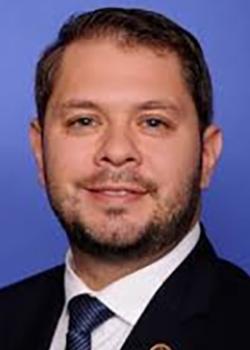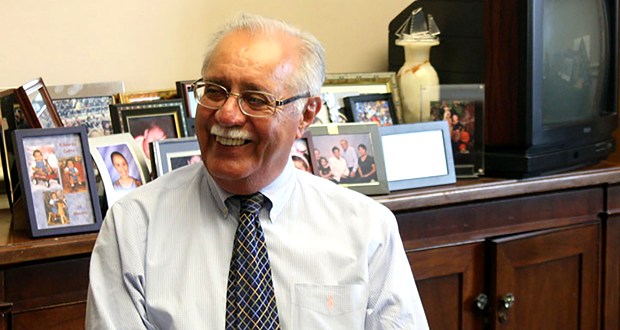Groups chart alternative immigration reform course for states
Colton Gavin, Cronkite News Service//March 25, 2014//[read_meter]
Groups chart alternative immigration reform course for states
Colton Gavin, Cronkite News Service//March 25, 2014//[read_meter]
WASHINGTON – Progressive groups said Monday that the pendulum on state-driven immigration reform has swung back from efforts like Arizona’s SB 1070, creating a climate that makes it possible to...

















